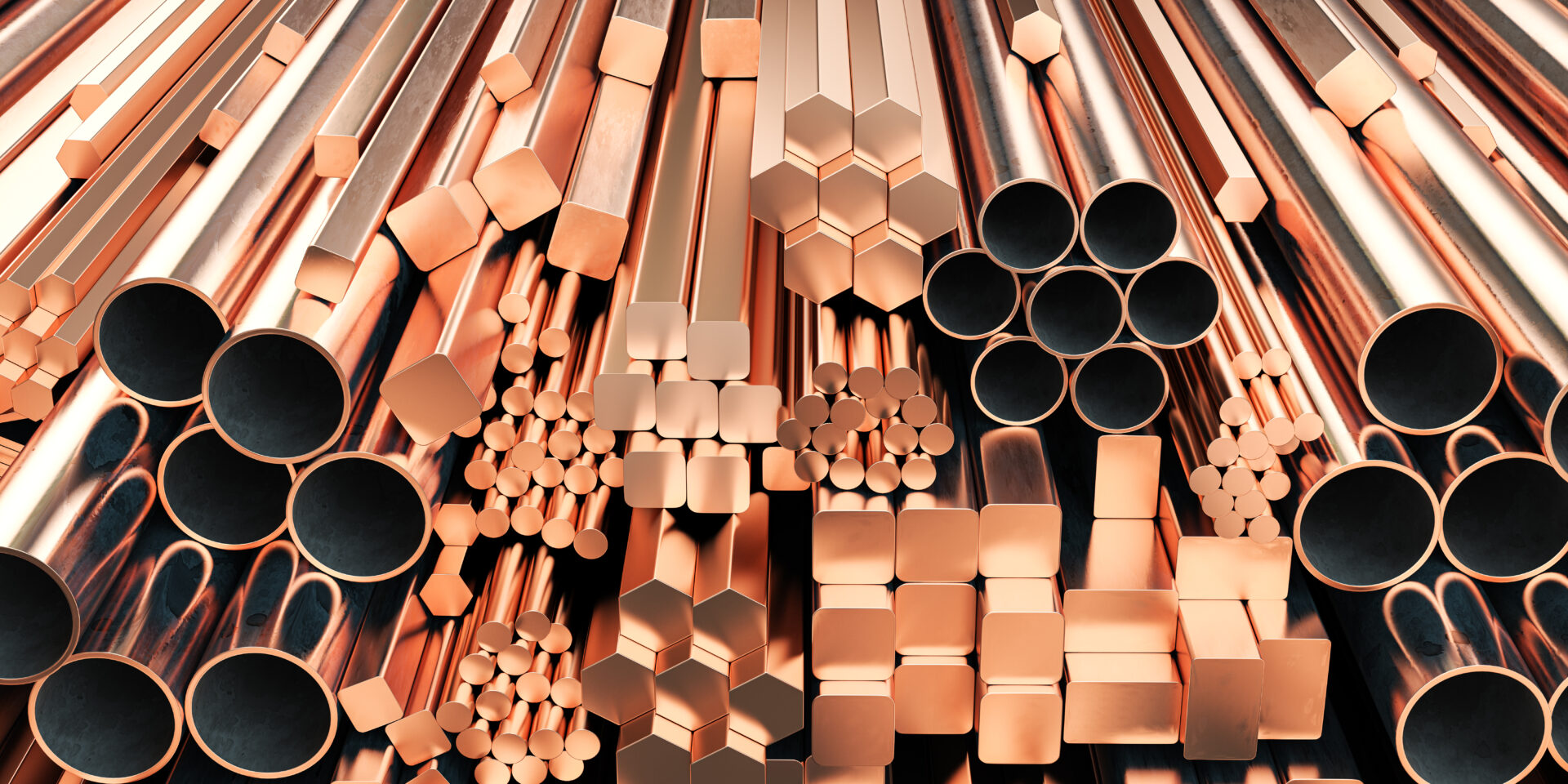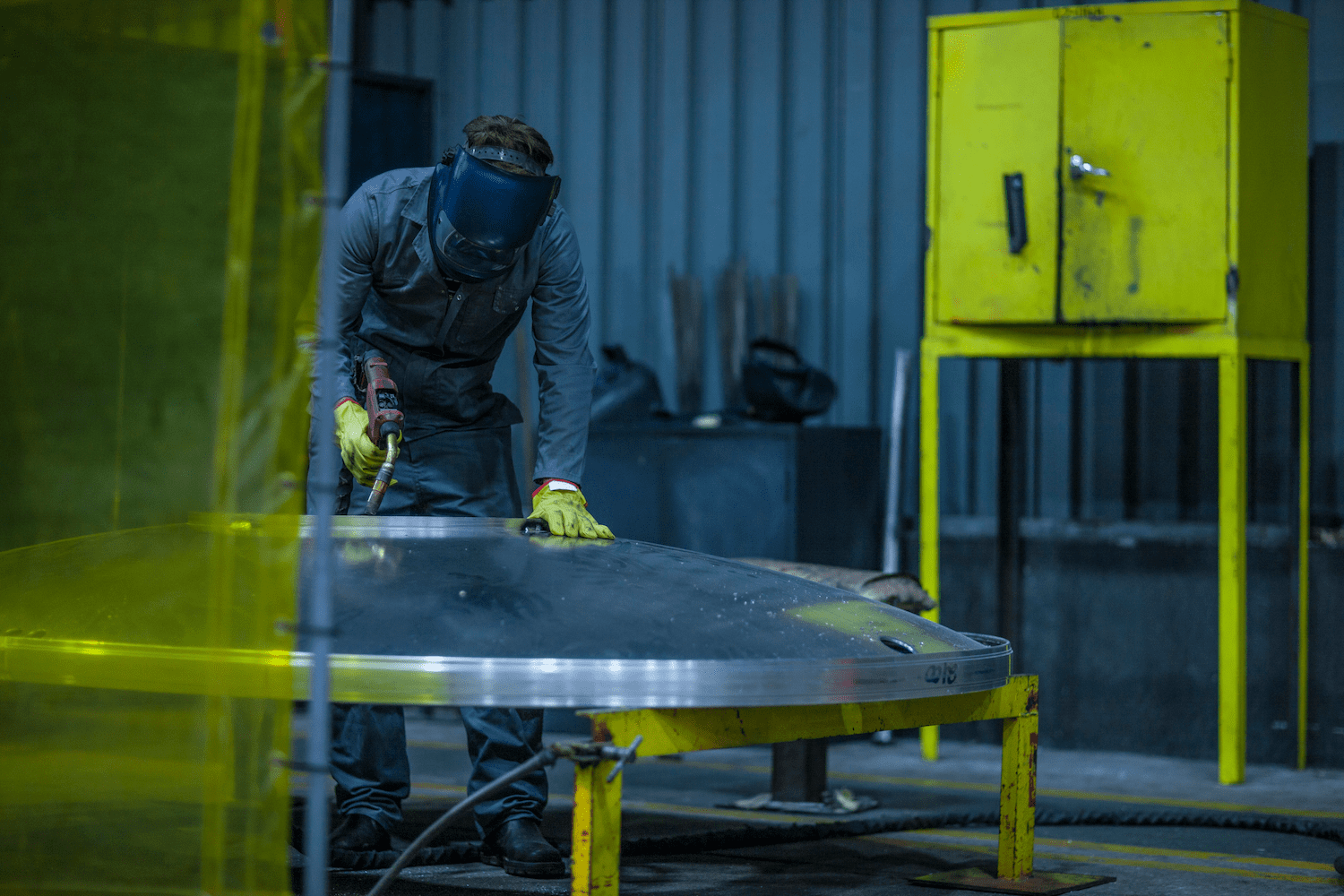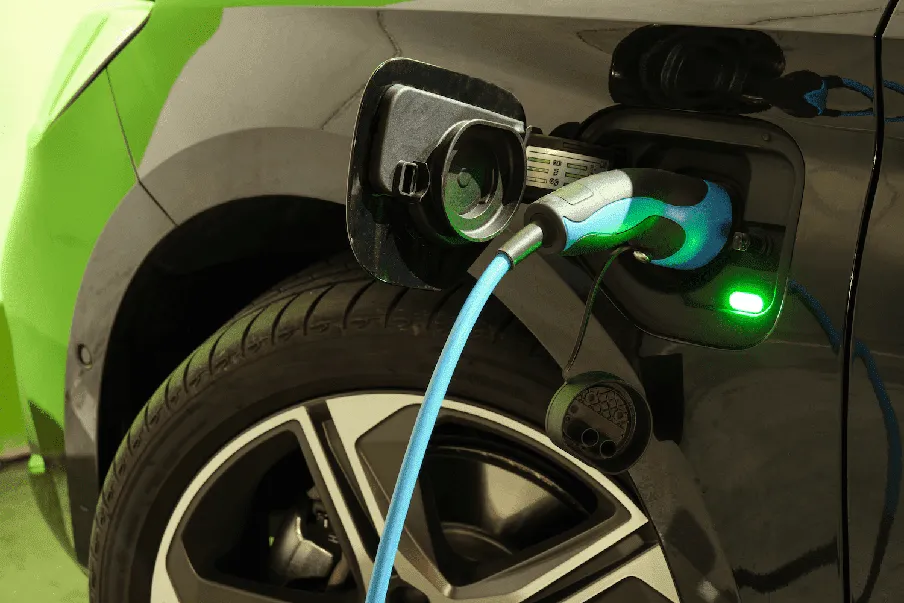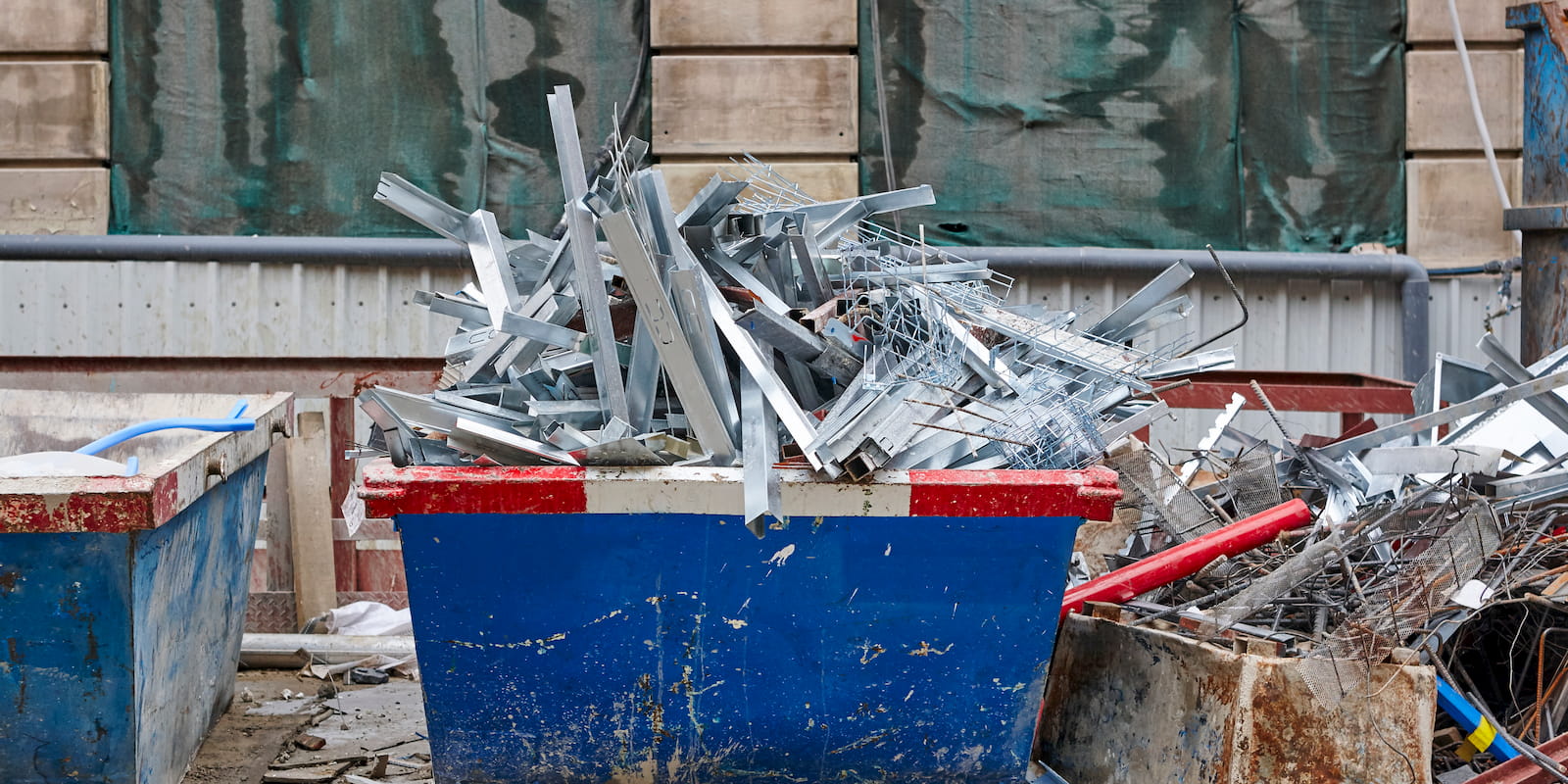
So you’re in the construction, renovation, or demolition business, and you want to save on disposal costs of your construction debris as well as do good for the environment. According to the EPA, the United States generated 569 million tons of C&D debris in 2017, which is more than twice the amount of generated municipal solid waste. You may have deconstructed the structure or room in question and plan on recycling the materials to take advantage of a new revenue stream, be environmentally conscious and save on disposal fees.
This is a great idea. However, how do you know what construction waste can be recycled? It would be best if you were sure that all your construction debris is handled correctly and that everything goes safely and securely through the proper channels.
If you don’t have time to read it now, download the guide here.
The Importance of Separating Metals
Once you’ve completed deconstruction of the structure or room in question, before commencing demolition, your next step should be the separation of the materials. There are numerous recyclable materials ranging from concrete and cinder blocks to wood, but for our purposes, we will be focusing on metals.
One reason for you to separate the metals is that lumping everything together and going to the scrap yard will take time because different metals will go to different parts of the yard. In addition to saving time at the recycling facility, you also run the risk of losing money by not sorting the metal. For example, different metals can bring in different rates. If you have a more valuable metal mixed in with metal that brings in a lower price, you may miss out on making the money that you would have if things were separated and processed correctly.
Another reason to sort your construction debris is that some states have different laws regarding the handling and disposal of said materials. As an organization, you should make every effort to be in line with all regulations and requirements regarding construction debris disposal.
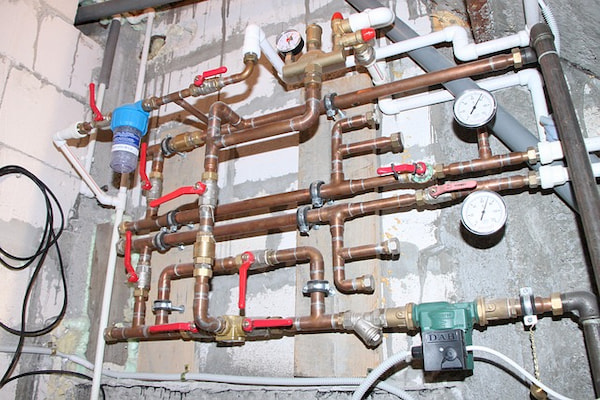
The Laws in your State
Here is a list of laws governing the handling of various metals for individuals according to a guide produced by the Northeast Recycling Council as well as general rules for individuals.
Michigan Scrap Laws
Michigan does not have any mandatory recycling laws. They do have regulations regarding specific materials; however, for scrap metal, they don’t have any particular disposal regulations.
Florida Scrap Metal
Similar to Michigan, there are no mandatory recycling laws. Again, there are regulations regarding the disposal of certain materials. However, they do not apply here in this context.
Other surrounding states such as Alabama, Ohio, Georgia, Kentucky, Illinois, and Indiana have similar regulation structures in that they tightly regulate how certain materials must be disposed of. Some states do have recycling mandatory, while others do not. Be sure to familiarize yourself with the applicable laws in your state before disposing or recycling items, states in similar regions of the country may not have the same regulations.
*Note: Some states employ “tag and hold” laws, essentially a period of time where the recycling facility performs checks to ensure that the materials brought in are not stolen before releasing payment.
At the Yard
What should you expect at the scrap yard? Some details vary by state, but there are also some regulations that you can expect in every state. Examples of these universal standards include being able to produce a valid ID as well as some physical identifiers such as fingerprint scans or a headshot and signing for the transaction and the facility to keep records of every transaction for a period ranging from anywhere from one to three years.
Details by State
Here is a listing of some of the more specific rules and regulations of scrapyards through various states, aside from producing a valid ID.
Note*: A valid ID is considered any current (non-expired) government-issued ID such as a driver’s license, state-issued provisional IDs with photos, military IDs, passports showing the country of origin and state-issued ID cards.
Michigan
The facility will make a record of your license plate number
Florida
The facility will fingerprint individuals who wish to sell materials and will keep the prints on file
Georgia
The facility will photograph your material, take a record of your vehicle make, and model and facilities in Georgia are barred from purchasing materials between the hours of 7 PM and 7 AM
Alabama
Yards do not pay cash for copper, air conditioners, or parts of catalytic converters that are more than $50. They also don’t pay cash for transactions over $500. They will however issue checks. They will also make a record of your vehicle’s make and model as well as plate number
Ohio
The facility will take your vehicle information including plate number and will also take a headshot of the seller at the time of the transaction
Indiana
The recycling facility will take a headshot of the seller
Kentucky
The facility will take your vehicle information as well as film the transaction as they are required to keep video recordings of all transactions
Illinois
If the purchase is an air conditioner and the payout is more than $100 a check will be issued
We listed all of these states to illustrate our point that there can be vast differences between states when it comes to your experience at a scrap yard, even if they are in the same geographical region or border one another. These states span the Midwest and the South. However, each state’s laws are unique in their own right.
Recycling as an Organization
As you can see, there are several rules and regulations for individuals wanting to recycle scrap metal. The overriding factor here with most of these procedures is to help prevent scrap metal theft. This is not an unfounded concern.
According to the U.S. Department of Justice Office of Community Oriented Policing Services report on scrap metal theft, “an examination of media reports in recent years showed increased scrap metal theft throughout the country, with some areas showing double and triple the amount of reported theft.” Additionally, the report references several news reports detailing a rise in the occurrence of the crime, one example from 2006 sited the Tucson Weekly’s report of a one-year 150 percent increase in scrap metal theft.
The report also references an Associated Press article that reported that the beer keg industry is losing $50million a year as customers are forfeiting their cash deposits and taking their empty kegs to scrap dealers instead, or thieves are stealing unsecured empty kegs around taverns and restaurants.
As an organization in the construction space, this is something that you probably consider whenever you begin a job, construction debris, specifically scrap, is a regular target for potential thieves. The question is, how do you mitigate this so that you can recycle these materials, after all, you went through the work of deconstructing the building and removing and separating the recyclables from the other construction waste with the hope of deriving a payday from it.
This is where we come in.
Working with GLE Scrap Metal
Of course, you could move these materials yourself. However, handling and transporting these materials can be a bit tricky as some of these items can be quite large or, at the very least voluminous. It’s just one more headache you don’t need.
The last thing you want is for your scrap bounty to go missing before you have a chance to move it to a recycling facility. We can prevent that through our team that uses logistics and planning to move your materials quickly and securely.
We’ll work with you to develop a pick-up and drop-off schedule that works for you. We have a dedicated fleet of semi-trucks, flatbeds, roll offs and box trucks with lift gates to handle any size load. We’ll ensure that none of your materials are left behind!
Not only are we facilitating loss prevention for you, but you won’t have to navigate any of the hangups and headaches that come with visiting the scrap yard yourself. We handle everything for you so that you don’t have to!
About GLE Scrap Metal
GLE Scrap Metal is a premier scrap metal recycler, GLE Scrap Metal performs environmentally-friendly processing and recycling of all base and precious metals. We purchase, process, and re-integrate all recyclable base metals.
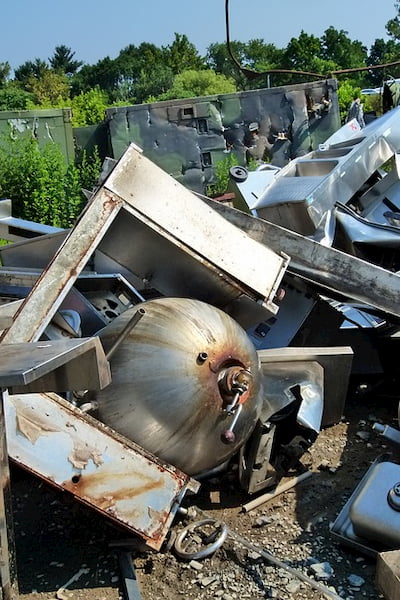
Are you looking for business solutions? GLE Scrap Metal provides options for construction and demolition, renovation, and metal recycling solutions for any industry as well as transportation solutions for most of the continental U.S. We even handle E-waste disposal and processing in a safe and environmentally conscientious way.
To learn more and work with us today, call us at 855-SCRAP-88 or reach out to us via our website here.

